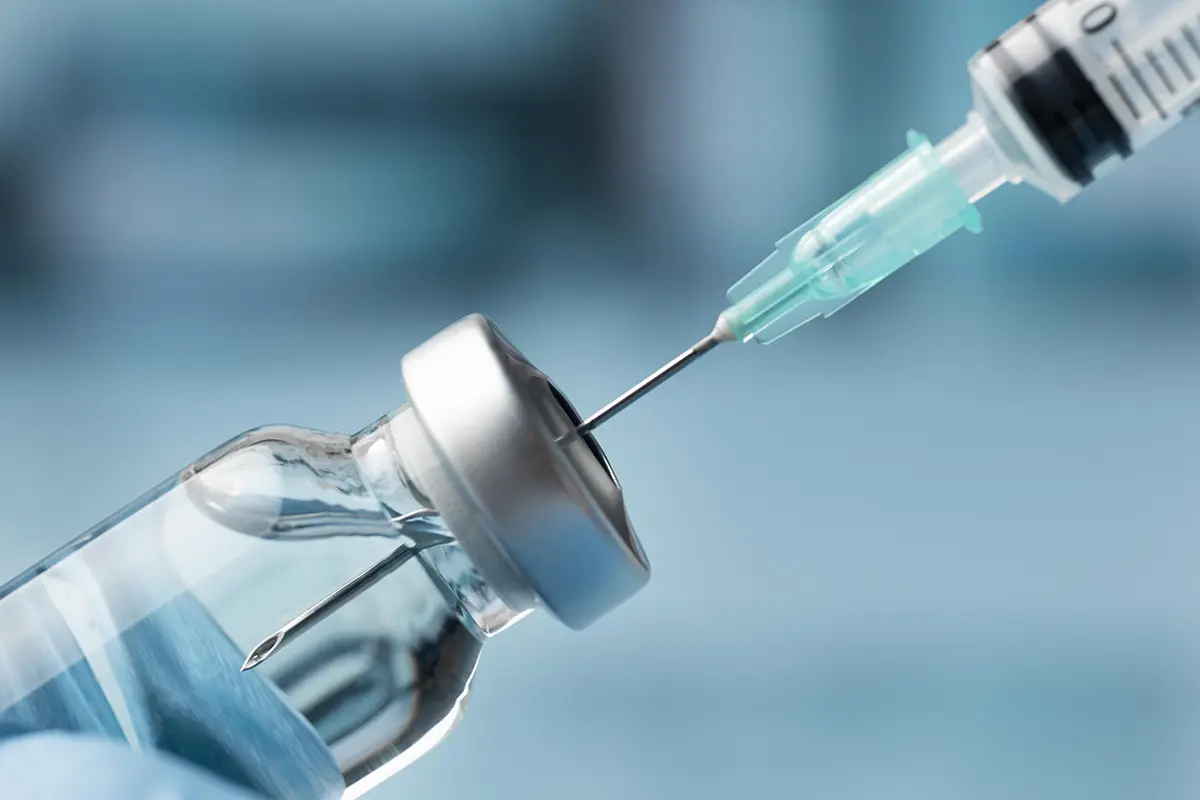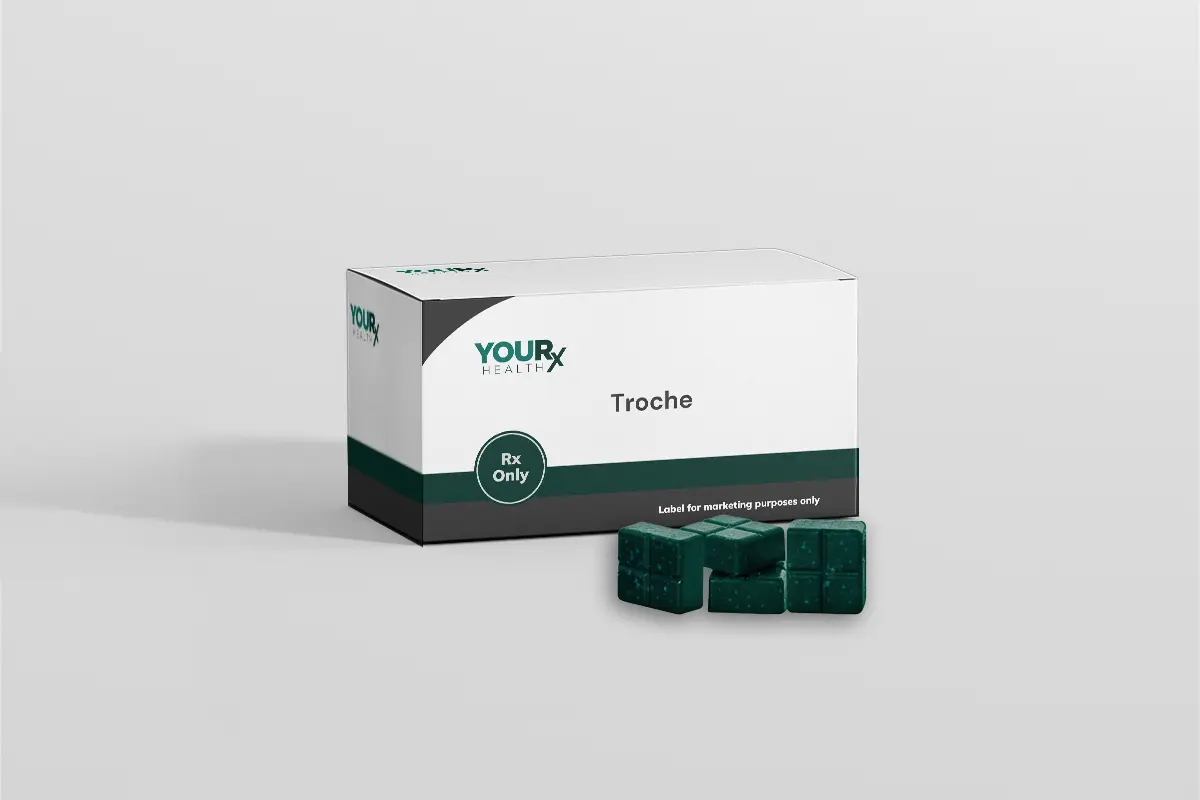Introduction
Hair loss and prostate issues are common concerns affecting many men worldwide. Among the treatments available, finasteride stands out as a prominent solution for both conditions. This guide delves into what finasteride is, how it works, its benefits, potential side effects, and considerations for those thinking about using it.
What is Finasteride?
Finasteride is a medication primarily used to treat two conditions:
- Male Pattern Baldness (Androgenetic Alopecia): This is a common form of hair loss in men, typically characterized by a receding hairline and thinning hair on the crown.
- Benign Prostatic Hyperplasia (BPH): This is an enlargement of the prostate gland, which can lead to uncomfortable urinary symptoms.
How Does Finasteride Work?
Finasteride works by inhibiting the action of an enzyme called 5-alpha-reductase. This enzyme converts testosterone into dihydrotestosterone (DHT), a hormone that can contribute to both hair loss and prostate enlargement. By reducing DHT levels, finasteride can:
- Slow down or even reverse hair loss.
- Improve urinary symptoms associated with BPH.
Benefits of Finasteride
For Hair Loss
- Reduced Hair Loss: Many users notice a significant reduction in hair loss.
- Increased Hair Growth: Some users experience new hair growth, particularly in areas where thinning has occurred.
- Maintenance of Existing Hair: Finasteride helps maintain the current hair count, preventing further loss.
For BPH
- Improved Urinary Flow: Finasteride can alleviate symptoms such as difficulty starting urination, weak stream, and frequent urination.
- Reduced Prostate Size: By lowering DHT levels, finasteride can decrease the size of an enlarged prostate.
Potential Side Effects
While finasteride is generally well-tolerated, it can cause side effects in some users. Common side effects include:
- Sexual Dysfunction: This includes decreased libido, erectile dysfunction, and reduced semen volume.
- Breast Tenderness or Enlargement: Some men experience changes in breast tissue.
- Depression and Mood Changes: There have been reports of mood alterations in some users.
- Allergic Reactions: Although rare, some individuals may experience allergic reactions, including rash, itching, or swelling.
Considerations Before Taking Finasteride
- Consultation with a Healthcare Provider: It’s crucial to discuss with a healthcare provider to determine if finasteride is suitable for you.
- Ongoing Monitoring: Regular check-ups are important to monitor the medication’s effectiveness and side effects.
- Long-Term Commitment: For hair loss, continuous use of finasteride is necessary to maintain the benefits. Stopping the medication can lead to the resumption of hair loss.
- Pregnancy Precautions: Women who are pregnant or may become pregnant should not handle crushed or broken finasteride tablets, as it can cause birth defects.
Conclusion
Finasteride offers significant benefits for those dealing with male pattern baldness and BPH. However, it is essential to weigh these benefits against the potential side effects and to have a thorough discussion with a healthcare provider. With the right guidance and monitoring, finasteride can be a valuable part of managing hair loss and prostate health.
Frequently Asked Questions
Q: How long does it take to see results with finasteride for hair loss?
A: Most users begin to see results after three to six months of consistent use.
Q: Can women use finasteride?
A: Finasteride is not recommended for women, especially those who are or may become pregnant.
Q: Is finasteride available over-the-counter?
A: No, finasteride requires a prescription from a healthcare provider.
Q: Are the effects of finasteride permanent?
A: The effects are not permanent. If the medication is discontinued, hair loss or prostate enlargement can resume.
Final Thoughts
Understanding finasteride and its implications can empower individuals to make informed decisions about their health. Whether for combating hair loss or managing BPH, finasteride remains a valuable option when used correctly and under medical supervision.




